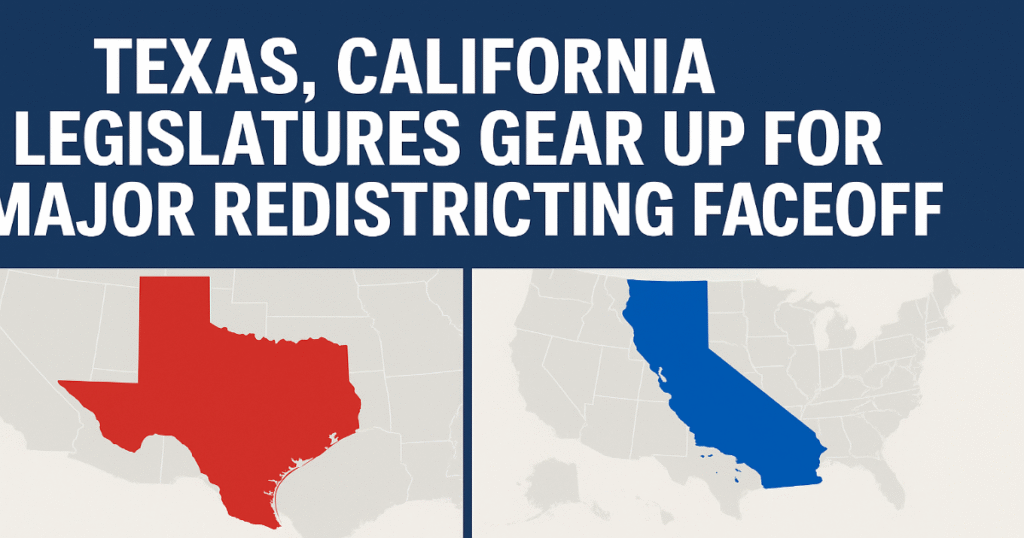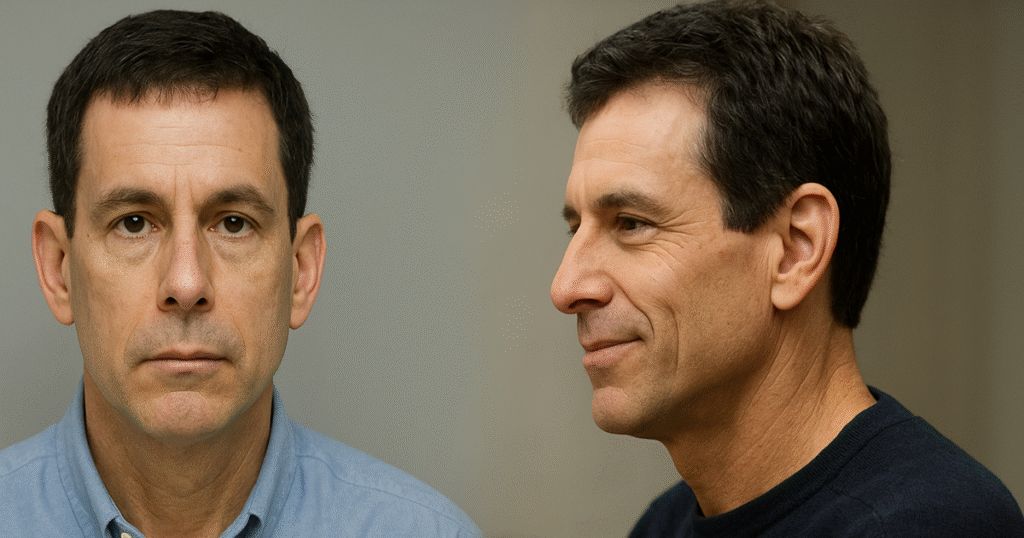
Washington, D.C. is bracing for a major influx of National Guard troops after several Republican-led states authorized deployments to the nation’s capital. The move, requested by the Trump administration, has set off a heated debate between federal officials and local leaders over whether the military presence is truly needed.
Why Are Troops Being Sent?
Earlier this month, President Trump declared a “crime emergency” in Washington, invoking powers under the District’s Home Rule Act to assume greater federal control over policing. The administration argues the additional manpower is necessary to curb violent crime, address homelessness, and protect federal property.
However, critics point out that violent crime in D.C. has actually declined compared to last year. Local officials, including Mayor Muriel Bowser, accuse the administration of using the National Guard as a political show of force rather than a genuine response to crime.
States Sending Troops
So far, six Republican governors have committed troops to Washington:
- West Virginia – about 300–400 troops
- South Carolina – 200 troops
- Ohio – 150 troops
- Mississippi – 200 troops
- Tennessee and Louisiana – additional deployments recently authorized
Combined with the 800 members of the D.C. National Guard already activated, troop numbers in the city are expected to surpass 1,800 personnel.
Pushback from D.C. Leaders
The sight of uniformed soldiers patrolling parts of the capital has sparked tension. Mayor Bowser and other city officials argue the deployments undermine D.C.’s autonomy and could intimidate residents. Legal challenges are already underway, with local leaders questioning whether the federal government is overstepping its authority by commandeering the Metropolitan Police Department and appointing a federal “emergency police commissioner.”
How Residents Are Reacting
Reactions from Washingtonians have been mixed, with some residents welcoming the added sense of security and others calling the move unnecessary and politically motivated. “They’re just standing around. It’s not like they’re protecting anything,” one resident told a local outlet, echoing concerns about the vague role of the troops.
Protests have also broken out, with demonstrators warning against the “militarization” of the city and urging the administration to respect D.C.’s local government.
What Happens Next
The coming days will be crucial in determining how this standoff unfolds. Key questions remain unanswered:
- Will troops be armed? Federal officials have not clarified when or where Guard members might carry weapons.
- How long will they stay? The deployments are open-ended, leaving residents uncertain about how long the military presence will last.
- Will courts intervene? Legal battles could reshape the limits of federal power over Washington, D.C.
For now, the National Guard’s presence in the capital highlights not only a debate about crime and safety, but also a broader political struggle over federal authority, states’ rights, and the future of Washington’s self-governance.
Also Read: Black Suit and Diplomacy: Zelenskyy Dressed to Impress in Oval Office Do-Over
Visit: Maxima Sale

Hey I am Srimanta Pradhan brings 10 years of experience to News Broadcast and Marketing, specializing in effective communication.A specialized content writer with a decade of expertise crafting compelling narratives for News Broadcast and Marketing. Transforms complex information into engaging, impactful content.




















